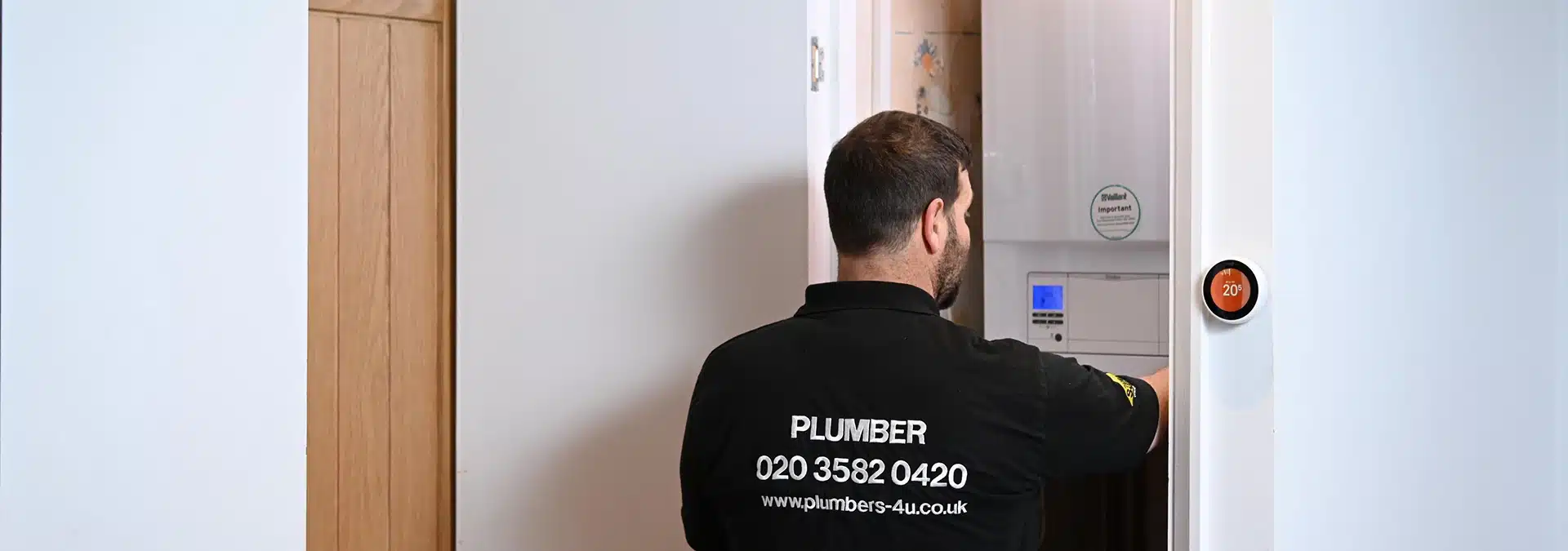 How to re-evaluate your home insurance policies
How to re-evaluate your home insurance policies

With access to a broad array of ever-changing deals available at the touch of a button, it’s hard to have the confidence that the policy you’ve chosen is the one for you.
The rise in building cover costs means shopping around for the best deal is more important than ever. What’s alarming is 25 percent of homes are still chancing their luck, choosing to remain completely unprotected, even with so many options available.
41 percent of Brits don’t have enough savings to make it through a month without pay, so having a safety net guarding against unforeseen damages is essential. That’s why I’m sharing my tips and tricks on finding the right home insurance policy for you.
Getting the most for your money
There’s no doubt technology has made it easier to find insurance deals but sifting through pages of policies and unnecessary add-ons to find the right one is a new challenge.
Understanding what you’re looking for in your policy is always the first step. Note down exactly what it is you’re looking to cover, along with a detailed value estimate.
Typically, insurance companies evaluate your home and offer a flat rate that’s based on simple things such as the number of bedrooms, postcode, and type of home. They will also offer cheaper rates that require a more thorough analysis of your estate, but this involves a qualified surveyor.
Insurance is a risk and reward business for the consumer as much as it is for the provider. Understanding the risks to your home will help you make the right choice when it comes to a policy.
For example, somebody living in the rural countryside in a thatched-roof cottage would do well to focus more on fire-related protection as opposed to someone in a new-build.
Slicing prices
Take all the time you need when shopping for a policy. Leaving it to the last minute will only mean you’re missing good deals and options you didn’t know were there.
Saving money can be as simple as looking at a price comparison site that clearly shows different services and prices with more transparency, allowing you to make an informed decision.
Certain coverage packages also let you work out how much you pay for your contents insurance and how much you’ll be able to claim back, meaning you could dramatically reduce your bills.
For example, paying more for a new-with-old reimbursement will cost more but guarantee you get new, or in many cases, upgraded belongings. However, switching to indemnity cover only includes the current value of the items, which is a lot cheaper, but there’s an increased risk of underinsurance if the worst does happen.
While it may seem like a big cost to pay upfront paying annually works out cheaper in the long run. There are a lot of additional surcharges for the convenience of paying in instalments and it can be as much as 10-15 percent more expensive.
Covering water damage
The UK is not known for its great weather, so it’s no surprise water damage is regular occurrence in homes across the country but protecting against water damage is something that many people don’t think about.
With the average claim sitting around £3,600, it’s best to explore the options available to you to avoid a hefty surprise bill. To help make sure your claim is well handled, add clear images or videos of the problem areas and damaged goods; this will go a long way towards legitimising your claim.
When a professional plumber has got control of an emergency, consult your policy. Most standard home insurance policies provide cover for home emergencies, but not always as standard, so it’s vital to check.
Living in a flood-prone area can also cause premiums to soar. Most normal insurance brokers often don’t cover premiums for difficult-to-insure buildings, for this, you’ll have to consult a specialist broker.
Specialist insurance is notoriously expensive, but there are things you can do to ease the burden. It’s worth getting in touch with National Flood Forum as it can point you in the right direction to shrink your bills and calm any concerns.
Avoiding the traps
Insurance is a business. This means you should be vigilant of the odd sneaky trick so, always check the fine print in your insurance policy, to make sure you’re not missing anything.
Such tricks include the dreaded policy for valuable goods worth over £1,000, which unless specifically mentioned in the policy by name, will not be covered. Make sure all valuables are mentioned before going ahead.
Check for any useless add-ons that might cause your price to rise. This could include things like Seasonal Increase cover or Fridge and Freezer Contents cover, which are not always necessary for the buyer.



